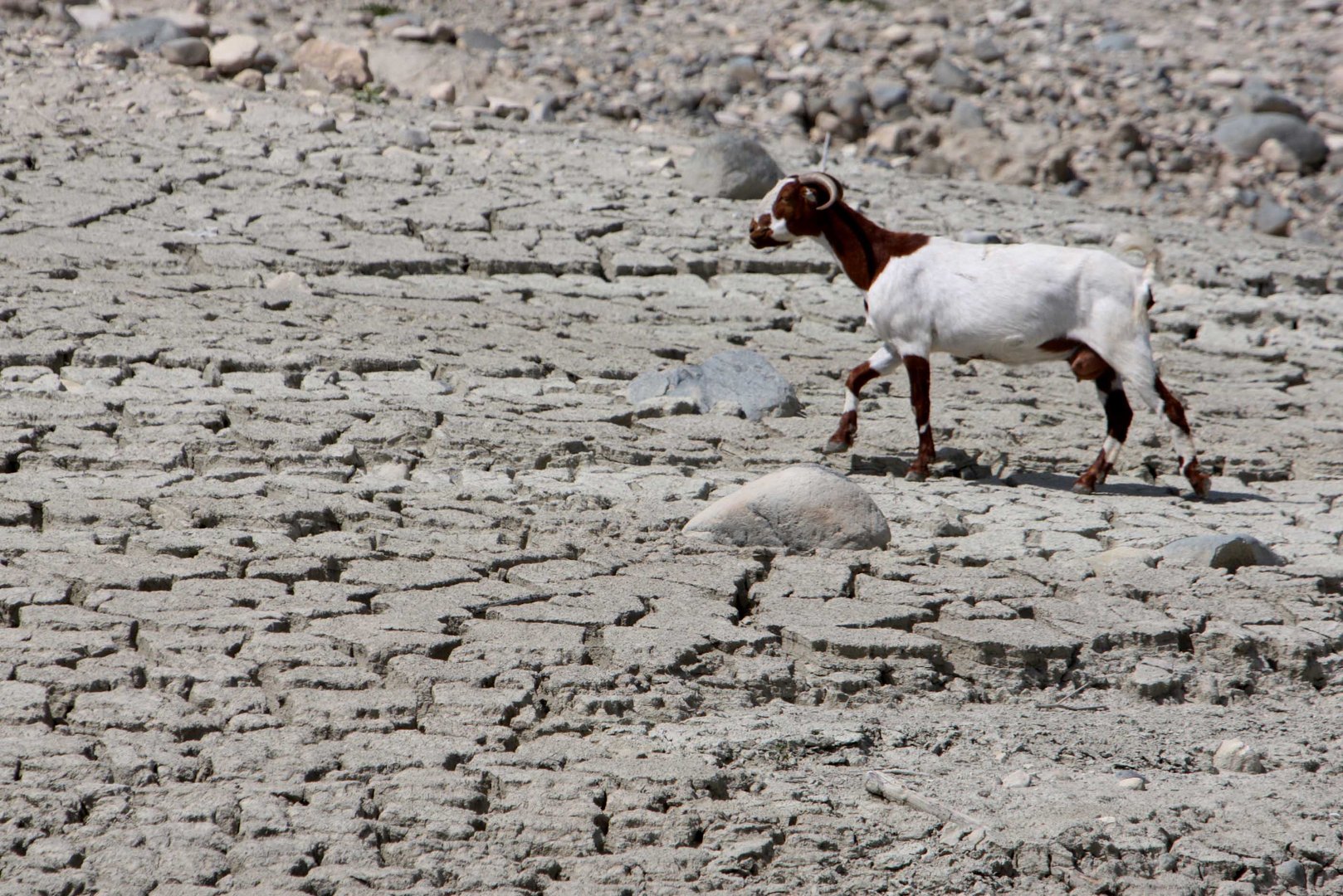An ambitious science project aims to unravel the island’s climate, land reform and disease patterns across the past millennium.
European and Lebanese scientists in collaboration with the University of Nicosia are working together to understand climate fluctuations and their effects on Cypriot society, from the time of the Venetians until now, officials said on Wednesday.
The research is part of a larger project examining how climate affects land use and disease outbreaks, in particular of typhus and malaria, in the Eastern Mediterranean region.
Changes in water availability are known to have adversely affected societies and periods of drought, famine and plague epidemics, have racked the island since the 12th century. In the early 20th century malaria was endemic and one of the leading causes of death.
Expert in health geography Emmanuel Eliot is collaborating with biologists Iris Charalambidou and Salih Gucel to compile information on epidemics and landscape from archived maps, newspapers, censuses, historical collections and reports dating from the Middle Ages to the present day.
The data is to be indexed by vulnerability factors, such as diseases and locust attacks, and landscape development markers, such as irrigation systems and other land uses.
Climatologist Jocelyne Gerard is compiling weather data published in the Cyprus Gazette and Blue Books during British rule, including temperature and precipitation gathered from stations across the island in the late 1800s up into the 20th century.
To further the project, the scientists collaborated with local cavers and by permission from the Department of Geological Surveys, collected samples from the mine shafts of Amiantos, water tunnels and natural caves throughout the island.
Stalagmites, analysed by environmental physicist Tobias Kluge, have revealed alternations in climate conditions over the last 900 years. The 16th and 17th centuries were humid in contrast with the 15th and 19th centuries which were exceptionally dry.
The scientists are now engaged in collecting historical data on famines, agricultural shortages and disease outbreaks for cross-comparison with the climate data, and the database they are setting up is to be used for future research into human ecology.







Click here to change your cookie preferences